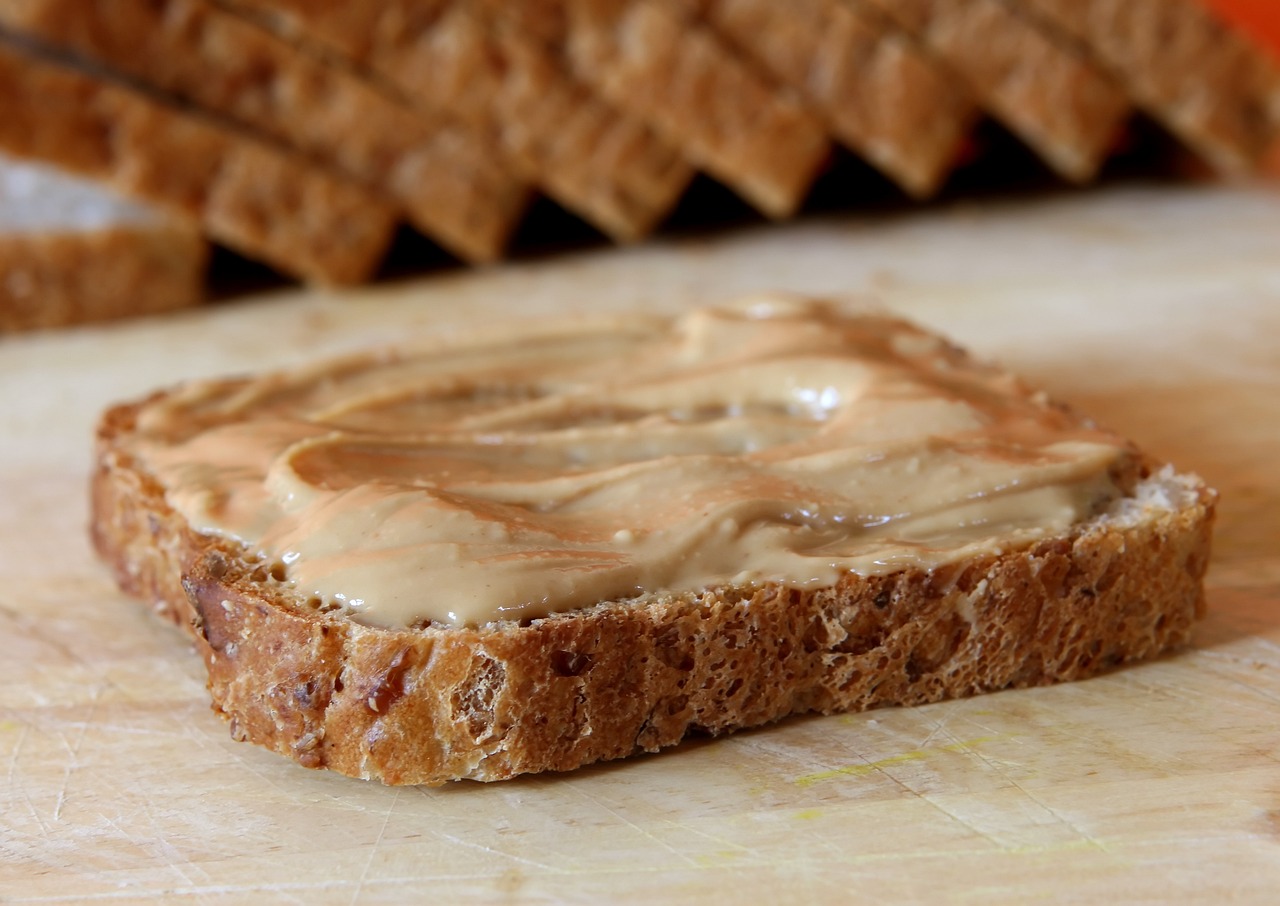Introduction:
Peanut butter is a beloved spread enjoyed by many around the world. Its creamy texture and nutty flavor make it a versatile addition to various recipes. While peanut butter offers several health benefits, it is important to be aware of both its positive aspects and potential drawbacks. In this article, we will explore the five key benefits and drawbacks of consuming peanut butter, supported by reliable sources.
Benefits of Peanut Butter:
1. Excellent Source of Protein:
Peanut butter is a rich source of protein, making it beneficial for muscle growth, repair, and maintenance. Protein is essential for various bodily functions, including the production of enzymes and hormones. Adding peanut butter to your diet can help meet your protein requirements.
2. Heart-Healthy Fats:
Peanut butter contains mostly monounsaturated fats, which have been associated with improved heart health. These healthy fats can help lower LDL (bad) cholesterol levels and reduce the risk of heart disease when consumed in moderation.
3. Nutrient-Rich:
Peanut butter is packed with essential nutrients, including vitamin E, magnesium, potassium, and phosphorus. These nutrients play vital roles in maintaining overall health, supporting immune function, promoting bone health, and aiding in energy production.
4. High in Dietary Fiber:
Peanut butter contains dietary fiber, which is important for digestive health. Fiber promotes regular bowel movements, helps maintain a healthy weight by promoting satiety, and supports a healthy gut microbiome.
5. Versatile and Convenient:
Peanut butter is a versatile ingredient that can be used in a variety of dishes, such as spreads, sauces, smoothies, and baked goods. It provides a convenient and delicious way to incorporate essential nutrients into your diet.
Drawbacks of Peanut Butter:
1. High Calorie Content:
While peanut butter is nutrient-dense, it is also calorie-dense. Consuming large quantities of peanut butter can contribute to calorie intake, which may be a concern for individuals aiming to manage their weight or those with specific dietary restrictions.
2. Potential Allergy:
Peanut allergies are relatively common and can cause severe allergic reactions in some individuals. It is important to be cautious if you or someone you know has a peanut allergy and to seek medical advice before consuming peanut butter.
3. Added Ingredients and Processing:
Some commercially available peanut butter brands may contain added sugars, hydrogenated oils, or other additives. It is advisable to read the ingredient labels and choose natural or organic peanut butter options that have minimal or no additional ingredients.
4. Potential Contamination:
Peanut butter can be susceptible to aflatoxin contamination, a naturally occurring toxin produced by certain molds. While strict regulations are in place to ensure product safety, individuals with specific health conditions or compromised immune systems may need to exercise caution.
Conclusion:
Peanut butter offers several benefits, including being a rich source of protein, heart-healthy fats, essential nutrients, and dietary fiber. However, it is important to be mindful of its calorie content, potential allergenicity, added ingredients, and the possibility of contamination. By incorporating peanut butter in moderation as part of a balanced diet, individuals can enjoy its nutritional advantages while being mindful of any potential drawbacks.










